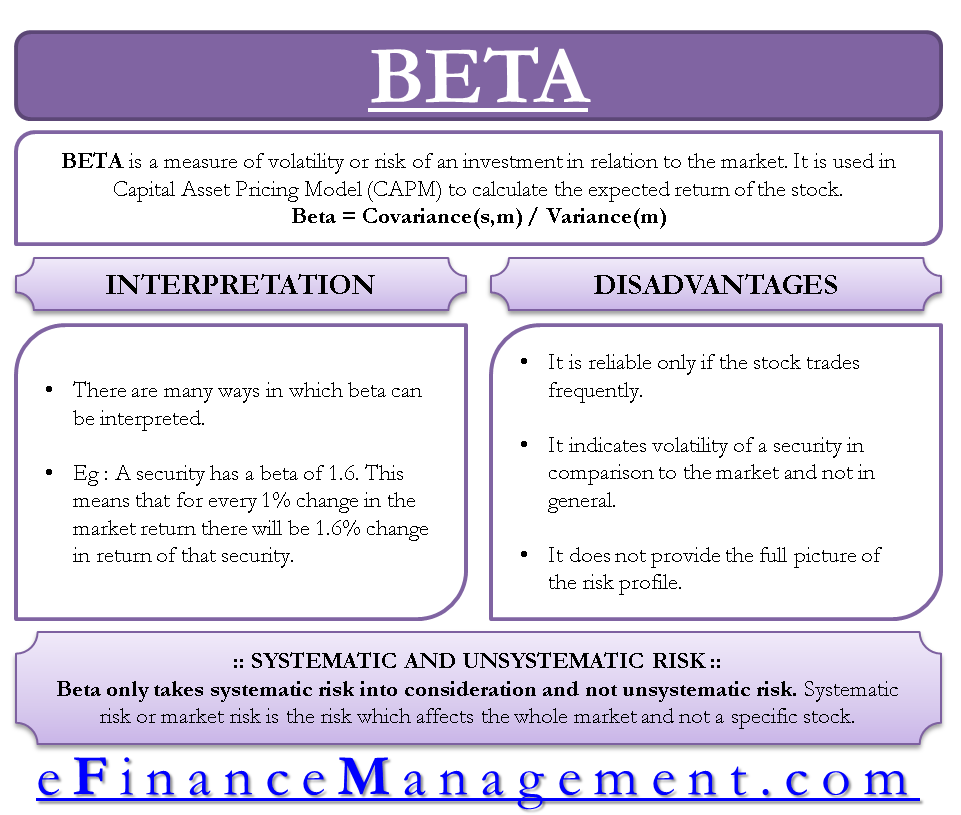For this reason, choices are typically thought about less dangerous than stocks (if utilized correctly). However why would an investor use choices? Well, purchasing alternatives is essentially banking on stocks to increase, down or to hedge a trading position in the market - how to get a car on finance. The price at which you consent to purchase the hidden security through the alternative is called the "strike rate," and the charge you spend for buying that option agreement is called the "premium." When figuring out the strike cost, you are wagering that the possession (generally a stock) will go up or down in price.
There are two various type of options - call and put options - which offer the investor the right (but not obligation) to sell or purchase securities. A call choice is a contract that provides the investor the right to buy a particular quantity of shares (normally 100 per contract) of a specific security or commodity at a specified cost over a specific quantity of time. However, the broad details are similar. Financial alternatives are utilized either to hedge versus threats by purchasing agreements that will pay if something with unfavorable financial repercussions happens, or because it permits traders to amplify gains while limiting disadvantage dangers. Financial choices involve the danger of losing some or all of the contract rate, if the marketplace moves versus the pattern anticipated, and counterparty dangers, such as broker insolvency or contractors who do not fulfil their legal obligations.

Options trading can be complicated a lot more so than stock trading. When you buy a stock, you just choose the number of shares you desire, and your broker fills the order at the dominating market value or a limit rate you set. Trading options needs an understanding of sophisticated strategies, and the procedure for opening an alternatives trading account includes a few more steps than opening a typical investment account.
( Need to brush up on puts, calls, strike rates and other alternatives trading lingo? See our post on choices trading 101). Compared to opening a brokerage account for stock trading, opening an options trading account needs bigger quantities of capital. And, provided the complexity of forecasting numerous moving parts, brokers require to know a bit more about a possible financier before awarding them an approval slip to begin trading alternatives.
You'll need to provide a prospective broker: Financial investment goals. This might include earnings, growth, capital conservation or speculation. Trading experience. The broker will need to know your understanding of investing, how long you have actually been trading stocks or options, the number of trades you make annually and the size of your trades.
Have on hand your liquid net worth (or financial investments quickly cost money), annual income, total net worth and employment details. The types of choices you desire to trade. Based on your answers, the broker typically appoints you an initial trading level (normally 1 to 4, though a fifth level is becoming more common) that is your key to placing certain kinds of choices trades.
How Does The Federal Government Finance A Budget Deficit? Fundamentals Explained
The broker you select to trade alternatives with is your essential investing partner. Finding the broker that provides the tools, research study, assistance and assistance you require is specifically essential for financiers who are brand-new to options trading. This identifies what kind of options agreement you take on. If you believe the price of a stock will rise, you'll buy a call choice (where can i use snap finance).
As a refresher, a call choice is an agreement that gives you the right, however not the obligation, to purchase a stock at an established rate (called the strike cost) within a specific time period. A put option gives you the right, however not the responsibility, to offer shares at a mentioned price before the agreement ends.
( For call options, it's above the strike; for put choices, it's below the strike.) You'll desire to buy a choice with a strike price that reflects where you anticipate the stock will be during the alternative's life time. For instance, if you think the share price of a business presently trading for $100 is going to rise to $120 by some future date, you 'd purchase a call alternative with a strike rate less than $120 (preferably a strike price no higher than $120 minus the expense of the choice, so that the choice remains successful at $120).
Similarly, if you believe the business's share rate is going to dip to $80, you 'd purchase a put alternative (giving you the right to offer shares) with a strike rate above $80 (ideally a strike price no lower than $80 plus the cost of the option, so that the choice remains lucrative at $80).

You can't select simply any strike rate. Alternative quotes, technically called alternative chains, contain a series of readily available strike costs. The increments in between strike prices are standardized across the industry for instance, $1, $2. 50, $5, $10 and are based upon the stock rate. The cost you pay for an alternative, called the premium, has two components: intrinsic value and time worth.
Time value is whatever is left, and factors in how unpredictable the stock is, the time to expiration and rate of interest, amongst other aspects. For instance, expect you have a $100 call choice while the stock costs $110. Let's assume the alternative's premium is $15. The intrinsic worth is $10 ($ 110 minus wesley financial bbb $100), while time worth is $5.
Everything about Who Benefited From The Reconstruction Finance Corporation
Every choices agreement has an expiration date that shows the last day you can work out the choice. Here, too, you can't simply pull a date out of thin air. Your options are limited to the ones used when you call up an option chain. Expiration dates can range from days to months to years.
For long-term investors, month-to-month and yearly expiration dates are preferable. Longer expirations provide the stock more time to move and time for your financial investment thesis to play out. A longer expiration is likewise beneficial because the alternative can maintain time value, even if the stock trades listed below the strike rate.
If a trade has actually gone against them, they can typically still sell whenever worth staying on the option and this is more most likely if the choice contract is longer. View Morningstar's leading stock picks With a 14-day totally free trial * of Morningstar Premium, you'll get updated expert stock research to help drive your financial investment choices. lawyer to get out of timeshare * Paid subscription thereafter, see Morningstar.
Call and put choices are acquired investments, implying their price motions are based upon the rate motions of another monetary product. what does ttm stand for in finance. The monetary product a derivative is based upon is frequently called the "underlying." Here we'll cover what these choices mean and how traders and purchasers use the terms. read more Alternatives can be defined as contracts that give a buyer the right to purchase or offer the hidden property, or the security on which an acquired agreement is based, by a set expiration date at a specific price.